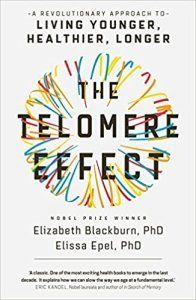Cannabis Conversation
So, here’s two questions:
Would you frequent a commercial cannabis establishment if you were in a place where it was legalised ?
Would you partake in any Cannabis consumption with a client/colleague of that region?
Cannabis has been in the spotlight recently: Canada’s upcoming legal reforms, Coca Cola’s exploration of cannabis infused drinks., clinical use in paediatric epilepsy and the sight of Elon Musk being interviewed whilst smoking a joint. In this latter instance I was struck by the negative backlash that ensued despite his disclosures of “I’m not a regular smoker of weed. “I don’t actually notice any effect … I don’t find that it is very good for productivity”. Subsequently Tesla issued a statement that traces of THC (a component of cannabis) within specified limits are within its drug policy; we are curious as to the THC component of the joint he smoked but more importantly did he know?
I am not an advocate of recreational cannabis use but am realistic and honest enough to acknowledge that some colleagues, staff, clients, family and friends may be. I am however a strong advocate of understanding and discussing the information available on cannabis. I consciously avoid use of the term Marijuana as it has historically racist overtures.
"The opposite of addiction is not sobriety the opposite of addiction is connection" (Johann Hari 2015).
In your workplace what is the discussion to get that connection to Cannabis?
• Drug and alcohol policy
• Clinical vs commercial use
• THC & CDB
• Mental Health and well being
• Biases and stereotypes
• Lexicon of cannabis
• Research and data driven insights to neurological , physical , psychological and social affects
These are just some of the critical conversations that we seek to engage in as part of our “conversation cannabis” programme - are they part of yours?
Neena Speding
MSc Psychology & Neuroscience of Mental Health
MSc Psychological Sciences
MBPsS
Chartered MCIPD
First class BSc (Hons) HRM, PGCE
We offer a 'Conversation on Cannabis'- it's designed to encourage debate, foster awareness and adapt an approach to talking about cannabis in the context of your organisation / establishment. Just get in touch to see if we can help.
Johann Hari’s fascinating talk can be found
here;

The relationship between mindfulness and stress is well documented. Our awareness of stress and the negative impact it has on ours and other lives is becoming more perceptible. Mindfulness, as a stress reducing therapy, is becoming increasingly used in clinical practice and its impetus in and outside the workplace is gaining steady traction.







